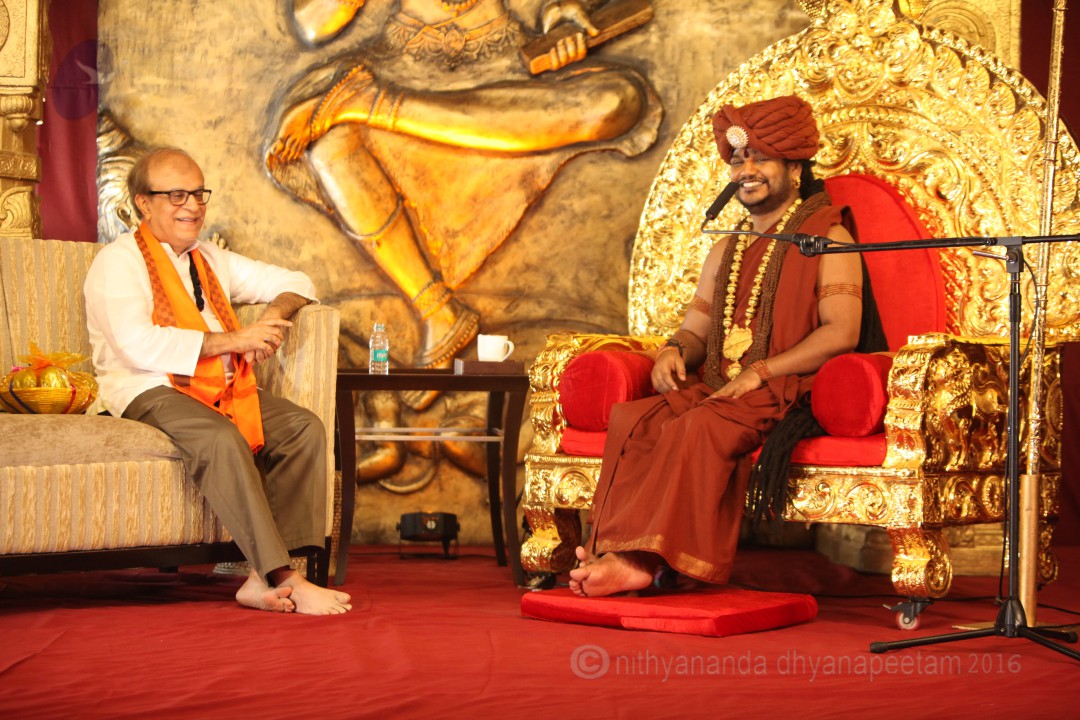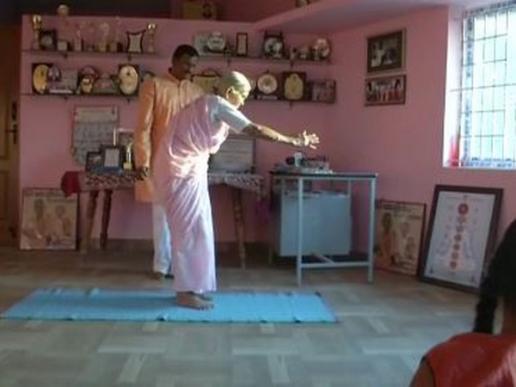Resettling Pandits in camps a bad idea
New Delhi : Author Sanchit Gupta, who has debuted with a novel based in Kashmir of the early 1990s when militancy peaked and saw mass exodus of Hindu Pandit families, does not think settling migrant Kashmiri Pandits in separate areas in the state is a good idea. Gupta, whose book is titled “The Tree With A Thousand Apples”, feels settling Kashmiri Pandits in separate townships in the Valley would create further communal wedge in an already communally-tense Jammu and Kashmir.
“When ideologies clash in the name of religion or identity, it is the common residents who suffer the most; and it is the children and their childhood that we truly destroy. This is what I try to bring out in my novel,” Gupta says. Gupta’s work is a fictional narrative of three Kashmiri friends – one Hindu and two Kashmiri Muslims – and how their lives changed after the mass exodus of Hindus in early 1990s. He said it was the empathy towards the people of Kashmir that made him choose the state as the subject for his first book.”I lived in Kashmir in 2009 and saw a 12-year-old Kashmiri Muslim boy sit beside a 20-year-old Indian Army soldier sipping cups of qahwa together… My Kashmiri Pandit friends told me stories and I have seen that they are all right in their own world, yet wrong in each other’s. I just wanted to tell their story as honestly as I could,” Gupta said. Asked about the rehabilitation of Kashmiri Pandits in separate areas in Kashmir – which has received huge criticism from both separatist and mainstream parties – the author said the idea was not good.
“Walls will always divide and separate areas will always mean the same, be it in Kashmir or any other part of India,” he said. Rather than separate structures, all the stakeholders, including the government, need to “build confidence” for people to live in harmony. “The second aspect is to provide security to Pandits (who wish to come) because terrorists will want to use this as an opportunity to further create a rift between the Pandits and the local Kashmiri Muslims, which will eventually harm them both.”
The book is dedicated to Kashmiri youth of 1990s who “struggled through the past 26 years.” “One character – Deewan – is dedicated to Kashmiri Pandits who had to leave their homes in 1990 and live in refugee camps. The characters of Bilal and Safeena are dedicated to all those Kashmiri Muslims whose lives were shattered for no fault of theirs,” he said. The first step towards reconciliation between the divided groups, the author says, is “to understand that no one’s suffering is smaller or greater”.He said he had never honed the idea of writing a book even as he used to get deeply involved in conversations with his friends in Srinagar during his stay when he worked as an area sales manager with a private firm. The conversations, he said, would usually be about the social fabric of the valley.
“Somewhere hidden in my head and the heart – it all came back to me when I finally started writing my book,” Gupta said about the narrative on the lives of Safeena, Deewan Bhat and Bilal Ahangar, three childhood friends who grew up in an atmosphere of peace in Srinagar until a dark night enveloped their amity and changed everything. The exodus left Deewan a migrant, Safeena’s mother turns “collateral damage” in a fight between militants and security forces and Bilal lives in poverty and fears for his life. Two decades later they are together, but at crossroads.
By Ruwa Shah











